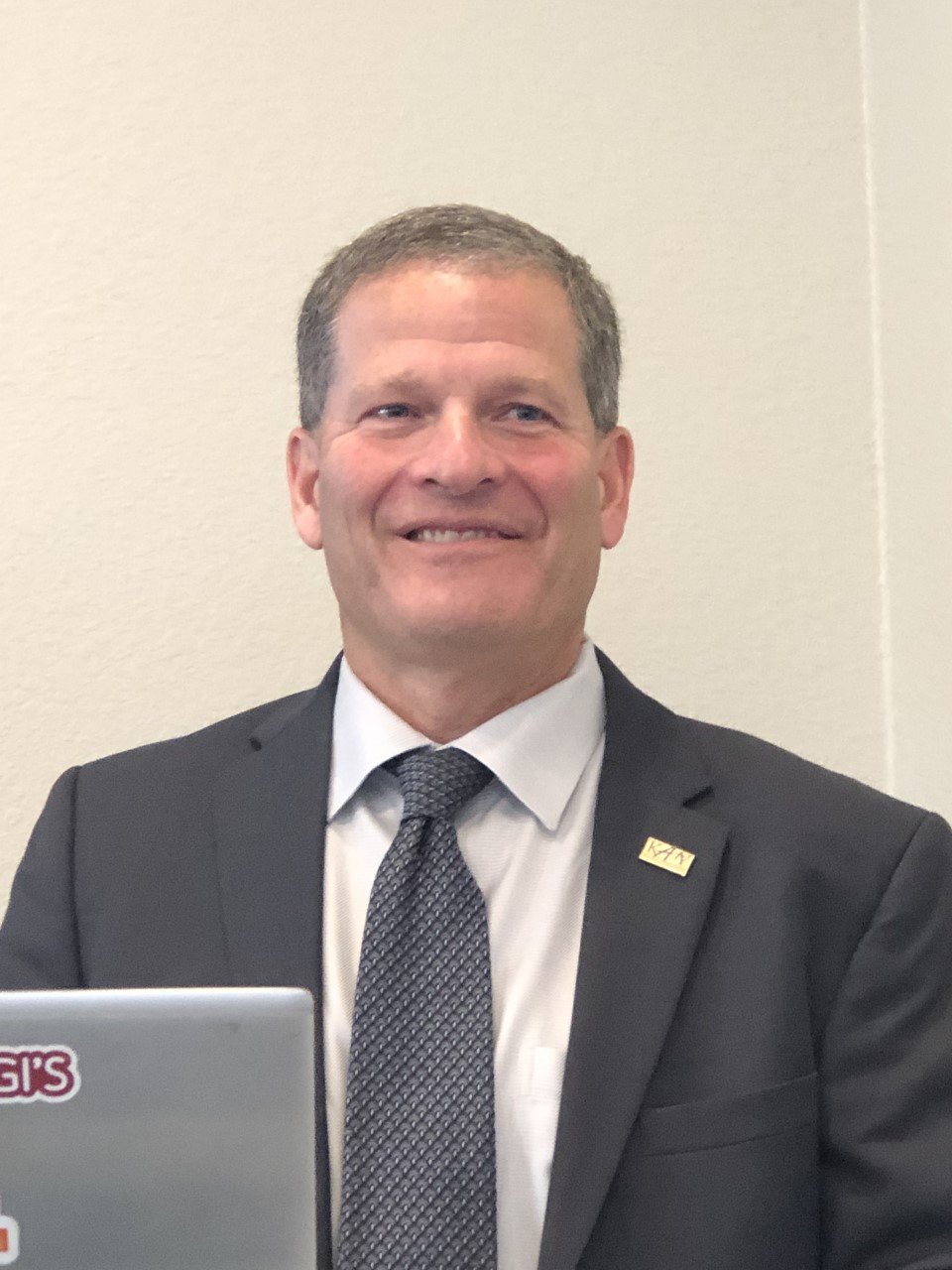Schulte discusses school budget at Chamber of Commerce meeting
Katy school trustees are focusing both on a budget for the district’s upcoming fiscal year, along with the possibility of a tax ratification election, the school board president said.
This item is available in full to subscribers.
Attention subscribers
To continue reading, you will need to either log in to your subscriber account, below, or purchase a new subscription.
Please log in to continue |
Schulte discusses school budget at Chamber of Commerce meeting
Katy school trustees are focusing both on a budget for the district’s upcoming fiscal year, along with the possibility of a tax ratification election, the school board president said.
Greg Schulte, an engineer and project manager, was elected to the school board in 2020. His fellow trustees elected him president in 2021. He spoke at the Aug. 4 Katy Area Chamber of Commerce meeting.
Schulte said the budget, now being prepared by district staff, will be considered and voted on later this month. Last year’s budget was $1.1 billion.
“The goal of the budget is that we have a balanced budget,” Schulte said. One feature of the budget, he said, was that the district’s healthcare plan is self-funded, and that saved the district about $90 million per year.
Schulte said safety is another issue trustees are working on as students return to school Aug. 17.
“The board is having a special meeting (Aug. 15) to go through our preparedness for something like that and make sure that we have the schools, the systems and the procedures set up that if that did happen we would react better than I think they reacted (in the May 24 Uvalde school shooting),” Schulte said. “So, safety is very important. (We want to) make sure they’ve got the funding for that.”
The district is building more schools to meet its growing enrollment, which earlier this year reached 90,000 students.
“This is something that I really didn’t understand until I got on the board is the way the funding happens,” Schulte said. “Everybody would come to me and say, why don’t we just print more money? Why doesn’t the school district get more money? It doesn’t work that way.”
Schulte said the state of Texas determined that every student gets $6,160 on a given day.
“And as property values go up, you’d think, well, we’re going to make more money and the $6,160 should go up,” Schulte said. “It doesn’t work that way. The $6,160 is here. We split it with the state and if property values go up, then what happens is the tax rates go down. There’s no way to get more than $6,160. The only way to get more money is with more students. And the rate, by the way, has remained unchanged since 2019.”
In May, trustees approved a 5% pay increase for teachers and hourly personnel, with all other personnel receiving 3% increases. The budget is being revised to accommodate this change, but Schulte said approximately 88% of the budget focuses on staff salaries and benefits. What to change in the remaining 12% will be a challenge.
“We don’t want to certainly rob Peter to pay Paul and end up having problems with our facilities,” Schulte said. “So, it’s a complex situation when you want to do things and you don’t have the money to do it.”
Schulte said trustees heard concerns about differing raises.
“I understand a lot of people were upset about it,” Schulte said. “We thought it was the right thing to do and it hasn’t been done. It hadn’t been done so we that. That resulted in a minor (approximately $12 million) deficit. We wanted to do more.”
One option trustees are considering is a tax ratification election, which if set would take place in November. In such an election, district voters must approve a proposed tax rate.
“Let’s decide if there’s a compelling case to do this TRE,” Schulte said. “If we waited, we wouldn’t have the option. We’ve got the option. We can do it. We cannot do it. We don’t know if we’re going to do it or not. That’s what we’re going to be deciding on here pretty shortly.”
Schulte said property taxes went up significantly in Katy, and the district was therefore making a lot more money.
“This is constant, so the tax rate went down,” Schulte said. “What would happen this year if we don’t do the TRE is the tax rate is actually going to go down to 4.69 cents. That’s what would happen.”
Asked what the harm would be in proceeding with a TRE, Schulte said there was one downside.
“In the current environment, people are frustrated with taxes,” Schulte said. “They think their taxes are too high so this would be something where now if you give the tax dollars back—the downside is you’re letting me keep the tax dollars we were going to give back. So, the downside is, for the average household it’s $150 a year that you would have to not take back and let the school district keep it so we could give it to the staff.”
Keywords
Katy Area Chamber of Commerce, Katy ISD, Katy ISD Board of Trustees






